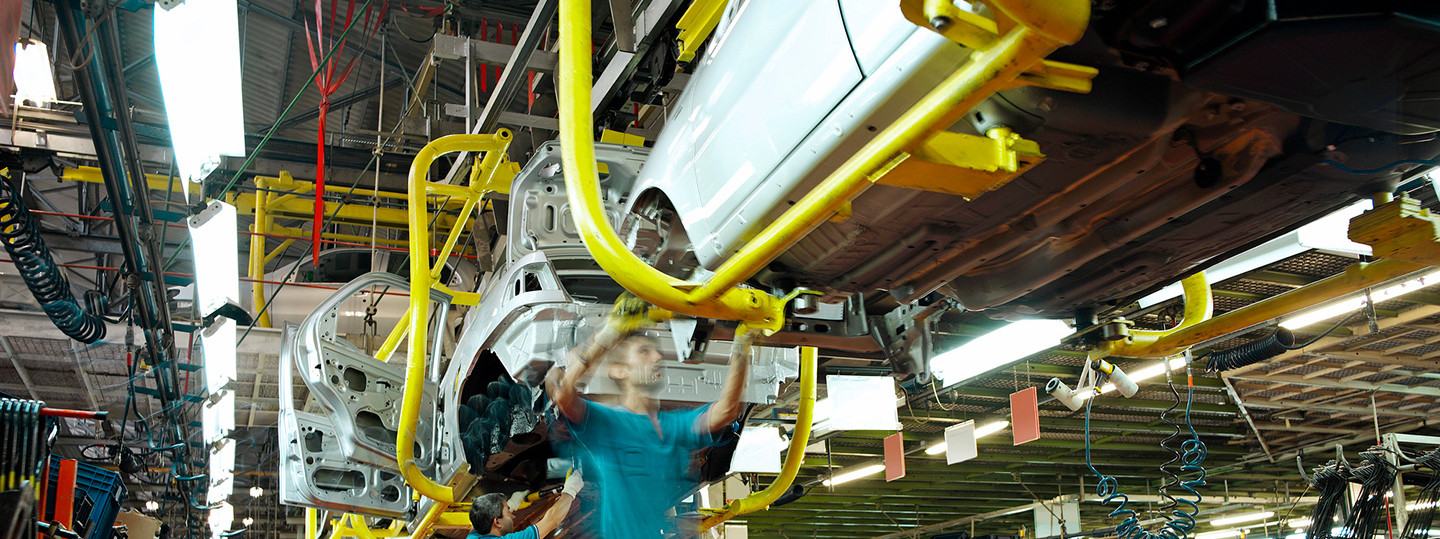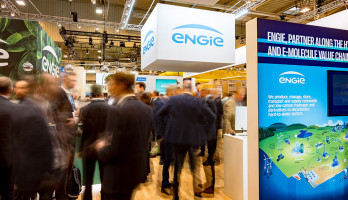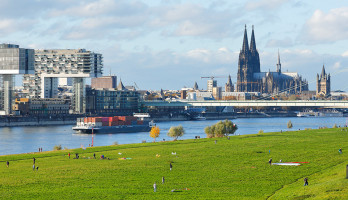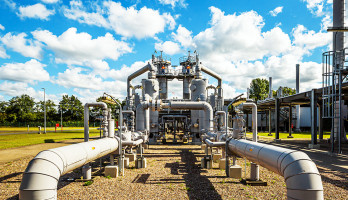
Saving energy with ENGIE: Automotive supplier BOS relies on attractive energy-saving contracting
Energy-efficient buildings are regarded as an important success factor in the active design of the energy transition. A look at the statistics shows why this is so: Around 35 percent of the total energy consumption in Germany is in the building sector. In addition to the energetic refurbishment of residential buildings, the commercial and industrial sector in particular opens up considerable energy-saving potential. According to the German Energy Agency (dena), 37 percent of building energy consumption is attributable to non-residential buildings.
energy-saving contracting offers an attractive and cost-effective way of improving energy efficiency and thus significantly reducing the energy consumption of buildings. An external service provider (contracting partner) is responsible for implementing the energy-saving measures that have been identified in advance. In addition to planning, financing and carrying out the conversions, the service provider also takes care of smooth operation in terms of maintenance and servicing.
Another advantage of the energy-saving contracting model is that the measures are financed in a cost neutral way via the energy savings achieved without an additional investment budget. The savings potential that can be realized in practice with contracting models is shown by the example of the automotive supplier BOS, for which ENGIE was able to reduce energy consumption at the Stuttgart site by more than half.
New technology for BOS headquarters with energy-saving contracting
BOS, a global automotive supplier, specializes in plastic cladding, upholstery parts, luggage storage and panoramic roof systems and has its headquarters in Ostfildern near Stuttgart with around 420 employees. In addition, the building complex houses several research facilities, including for prototype construction and a dedicated testing facility.
As Daniel Münch from the energy management team at ENGIE describes, it was primarily technical difficulties in the control and regulation of the ventilation system and a considerable need for modernization of the heating pumps on the customer side that led to the desire for more efficient and more comfortable technical solutions for the building. Following an analysis of the building complex, the plant technology and the possible energy-saving potential by ENGIE, a jointly agreed package of measures was finally implemented in 2019 as part of the chosen savings contracting.
Contracting model allows BOS energy savings of more than 100,000 euros per year
In order to improve energy efficiency and increase comfort for all employees, ENGIE focused on the renewal of control technology during the conversion measures and implemented further concepts for energy optimization. These included, among others:
- the installation of frequency converters in supply and exhaust air fans
- the demand-based control of the ventilation system in all zones of the building
- upgrading to more efficient heating pumps and precise adjustment of valves in the heating and cooling circuits
- Optimizations in the area of refrigeration
- a conversion of the lighting to LED technology
- the installation of a new building control system
Effective energy contracting: "The energy-saving measures implemented can reduce consumption in the heating, ventilation and air-conditioning systems by around 55 percent," emphasizes Daniel Münch. "For our customers, this results in annual savings of more than 100,000 euros in energy costs or 240 tons of CO2. With regard to the total investment costs of EUR 485,000, the payback period for refinancing in the chosen contracting model is therefore less than five years. After that, BOS will fully benefit from the annual energy savings," says Daniel Münch.
Energy-saving contracting with guaranteed success
In addition to implementing the energy saving measures, ENGIE also takes care of the maintenance and monitoring of the system functions for smooth operation. "Through constant, regular monitoring, we as contracting partners ensure the guaranteed energy savings and demonstrate the concrete savings for our customers. At the BOS headquarters, we were able to exceed the projected savings in the first year," says Daniel Münch.
"Through energy-saving contracting, we have not only found a common way to enable BOS to achieve long-term energy savings," emphasizes Daniel Münch. "Modern systems and a tailor-made setup of the building technology also enabled us to solve the existing technical problems on site and significantly increase the working comfort, for example with regard to the climate control, which can now be precisely controlled."
Long-term know-how for more sustainability in the building sector
Whether commercial property, hotel, museum or industrial property: Energy-saving contracting as an attractive alternative to self-financed modernization projects represents a win-win situation for all parties involved and can make a significant contribution to climate protection. As an experienced and reliable partner, ENGIE Deutschland has implemented more than 100 projects in various sectors since 1994, including for the city of Plochingen or the geological center of the Ludwig-Maximilians-Universität in Munich. In addition to the total savings of around EUR 400 million achieved, the contracting partnerships have enabled CO2 reductions of more than 1.2 million tons to date.
"In the industrial sector, optimizations in production and less energy consumption in the building are often in the foreground," Daniel Münch describes his experience. "However, given the energy demand expended and the potential savings, contracting models can offer a highly effective lever in this area in order to reduce energy costs sustainably with little effort and take a big step towards zero carbon."










